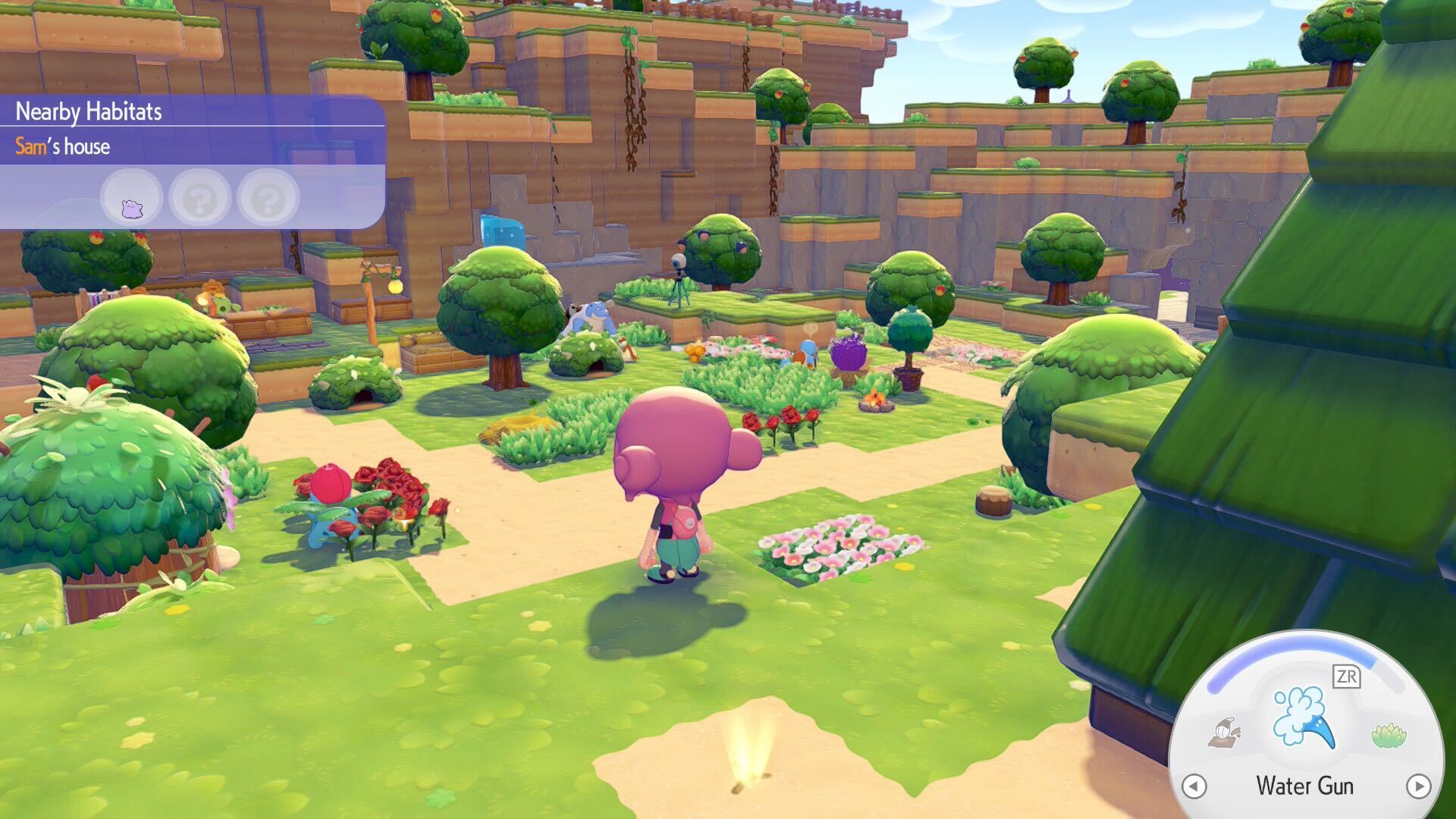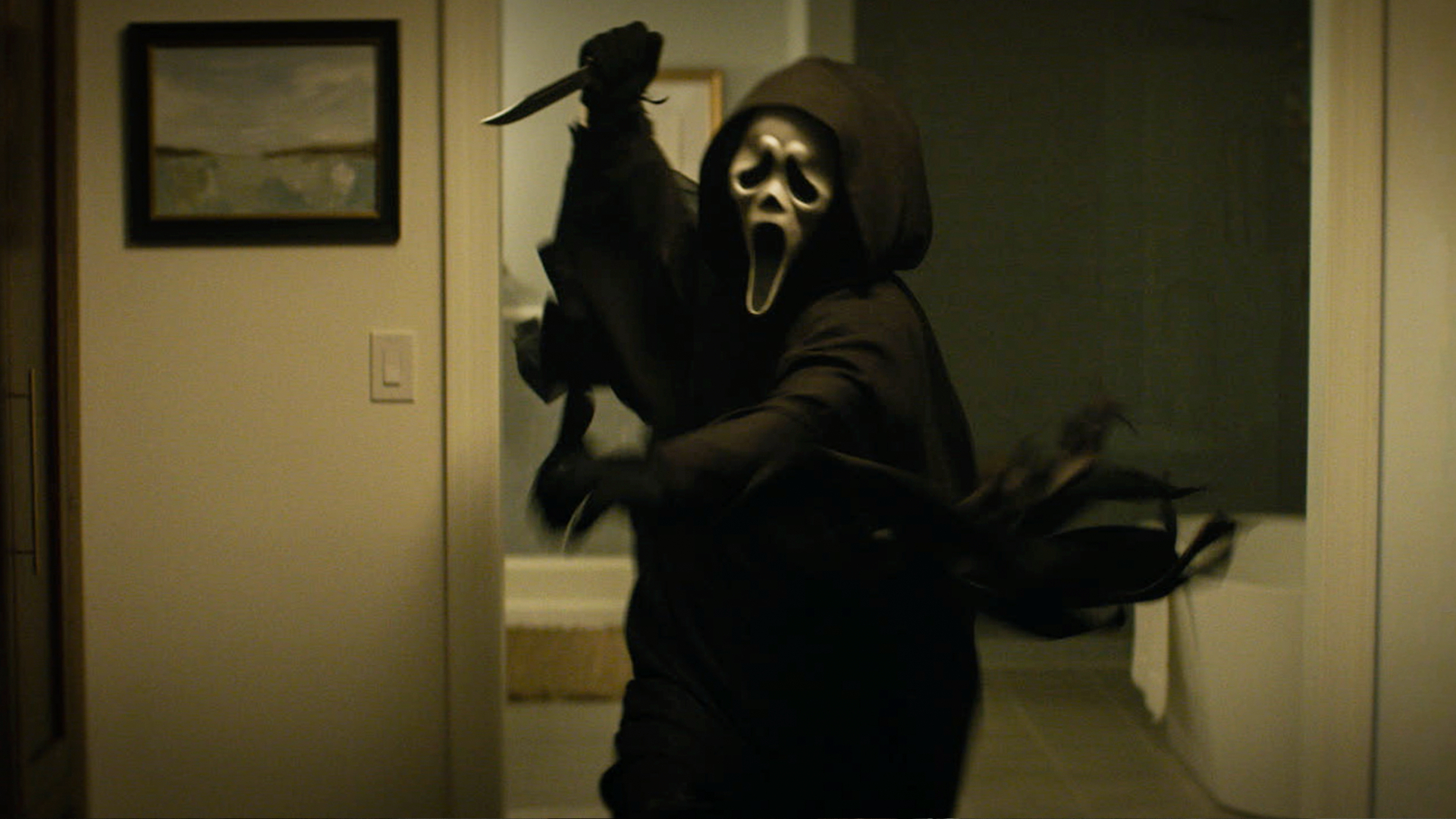Dreamlike, challenging, and terrifying: Saturnalia wants to send you on a survival-horror holiday to Sardinia
Looking for another creepy village to explore? Santa Ragione has you covered
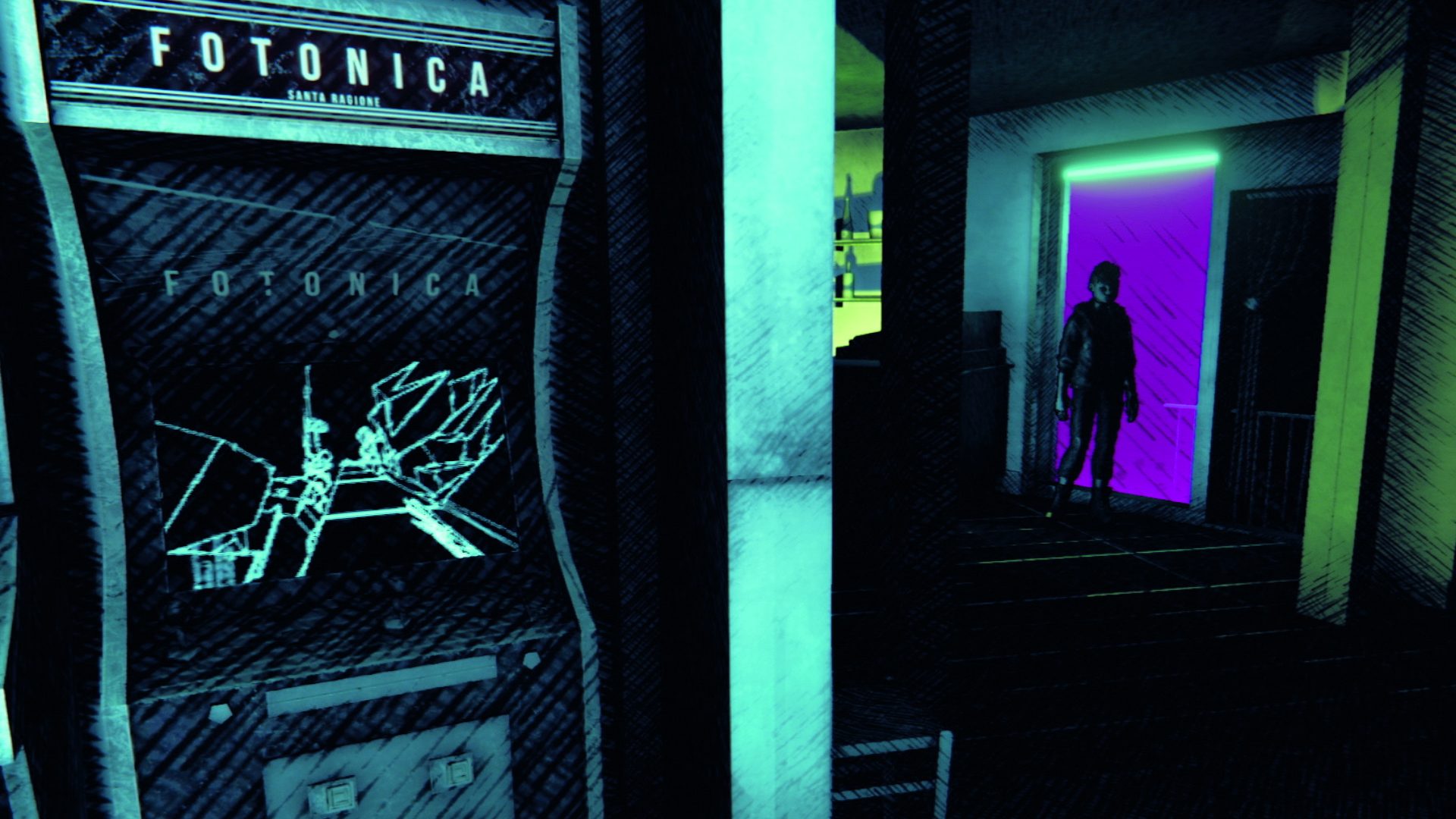
Weekly digests, tales from the communities you love, and more
You are now subscribed
Your newsletter sign-up was successful
Want to add more newsletters?
Night has fallen on the remote Sardinian village of Gravoi, and the streets have emptied. Everyone's at home, safely behind locked doors upon which eye-shaped sigils have been scrawled. Our last match is burning down to our fingers, providing just enough light to confirm that, yes, there's someone out there in the creeping fog. Someone with headlamps for eyes and – are those horns protruding from the top of their head? We're not especially keen to find out.
Perhaps familiarity will dull our terror at Saturnalia's street-stalking presence in time, but for now the sight of it gives us enough of a jolt to make us forget what we're doing and flee desperately for the nearest hiding spot. Which only serves to drive us deeper into Gravoi's labyrinth and, more often than not, straight into a dead end.
Gravoi is a tight handful of streets and landmarks, but all tangled in recognisably Mediterranean fashion (without a clean right angle in sight, the buildings leaning in over the pavement) to ensure we constantly feel lost. The situation isn't helped by the knowledge that, at game over, it will all reshuffle, giving us fresh corners and backways we'll doubtless fail to memorise. Better not get caught, then.
Losing your way
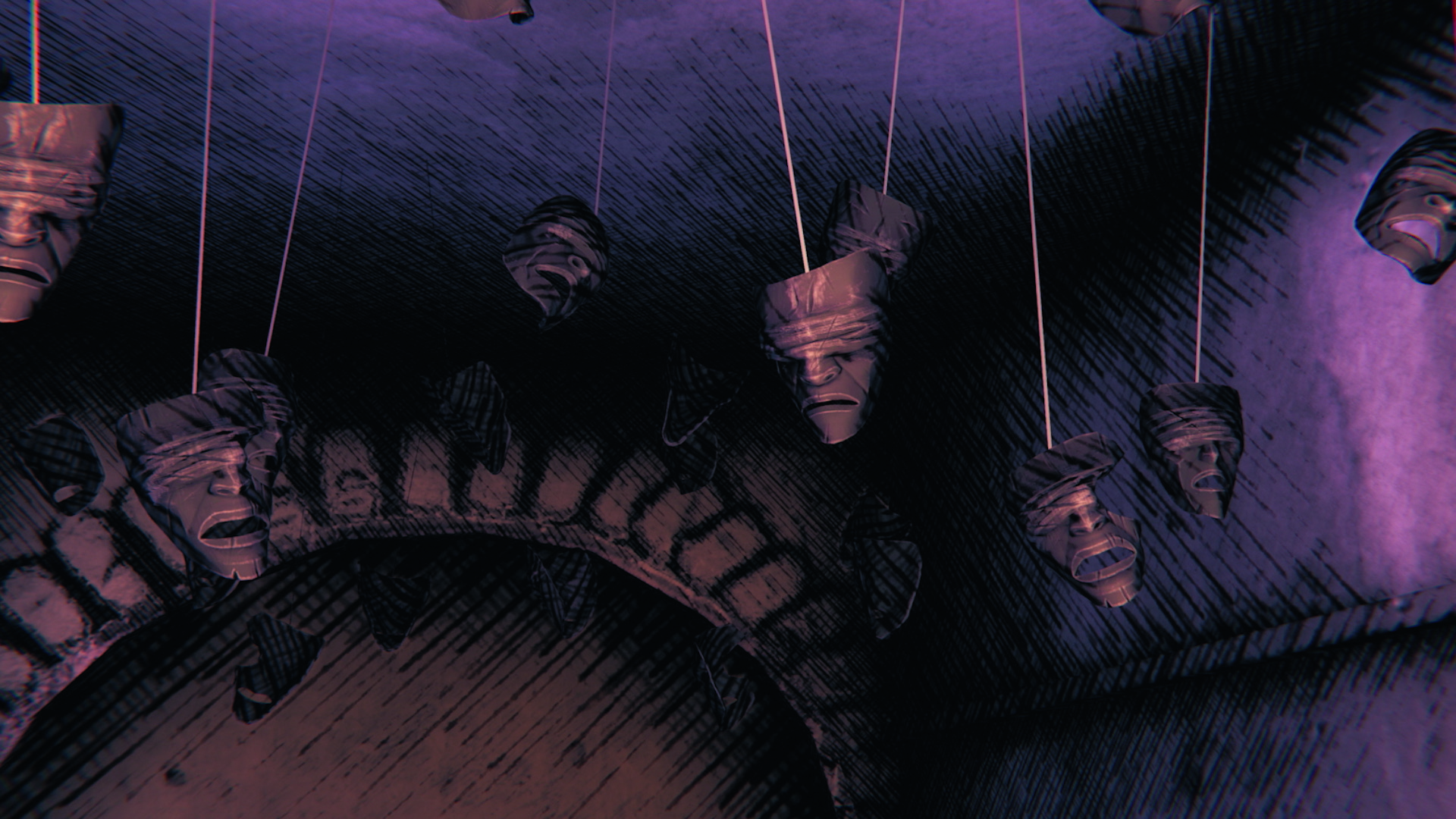
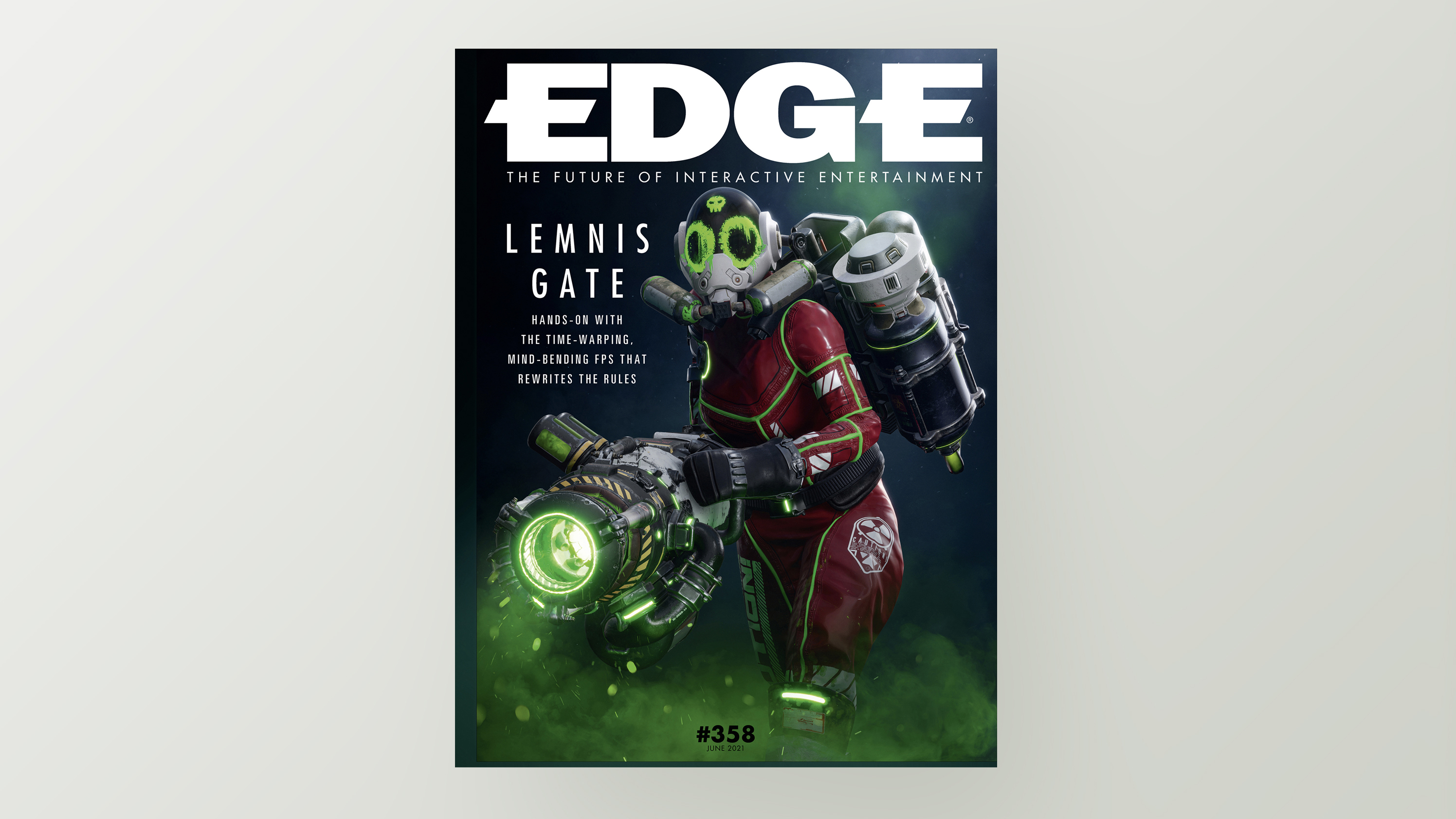
Edge is a global authority on videogame art, design and play, providing subscribers with a regular source of trusted videogames industry insight. You can subscribe to both the print or digital editions here.
Disorientation is right at the heart of the latest from Santa Ragione, the Italian microstudio responsible for MirrorMoon EP and Wheels Of Aurelia. It's a sense that kicks in the second you lock eyes on those churning visuals, which sketch in the world around you in rough pencil. Your character moves in juddering animations, each action described in a deliberately low framerate. Whirl the camera around to study someone's face and the details don't seem able to sit still, being drawn and redrawn before your eyes. It's strangely reminiscent of the video for A-Ha's Take On Me, its dreamlike atmosphere twisted into nightmare.
There's a similar shifting quality to the story, which opens with one character, Anita, a visiting geologist pregnant by a local married man. There's a brief vignette as she wanders Gravoi in the afternoon sunshine, the town once again abandoned – this time because everyone's at church for Mass. A quick title sequence later, night has fallen and that creature is loose. Before we can settle in, it's a few hours earlier again; now we're Paul, a photojournalist tracking down his biological parents in the town. Then, back in the dark once more, we're well and truly off-balance. Which is, of course, exactly the moment Saturnalia chooses to strike.
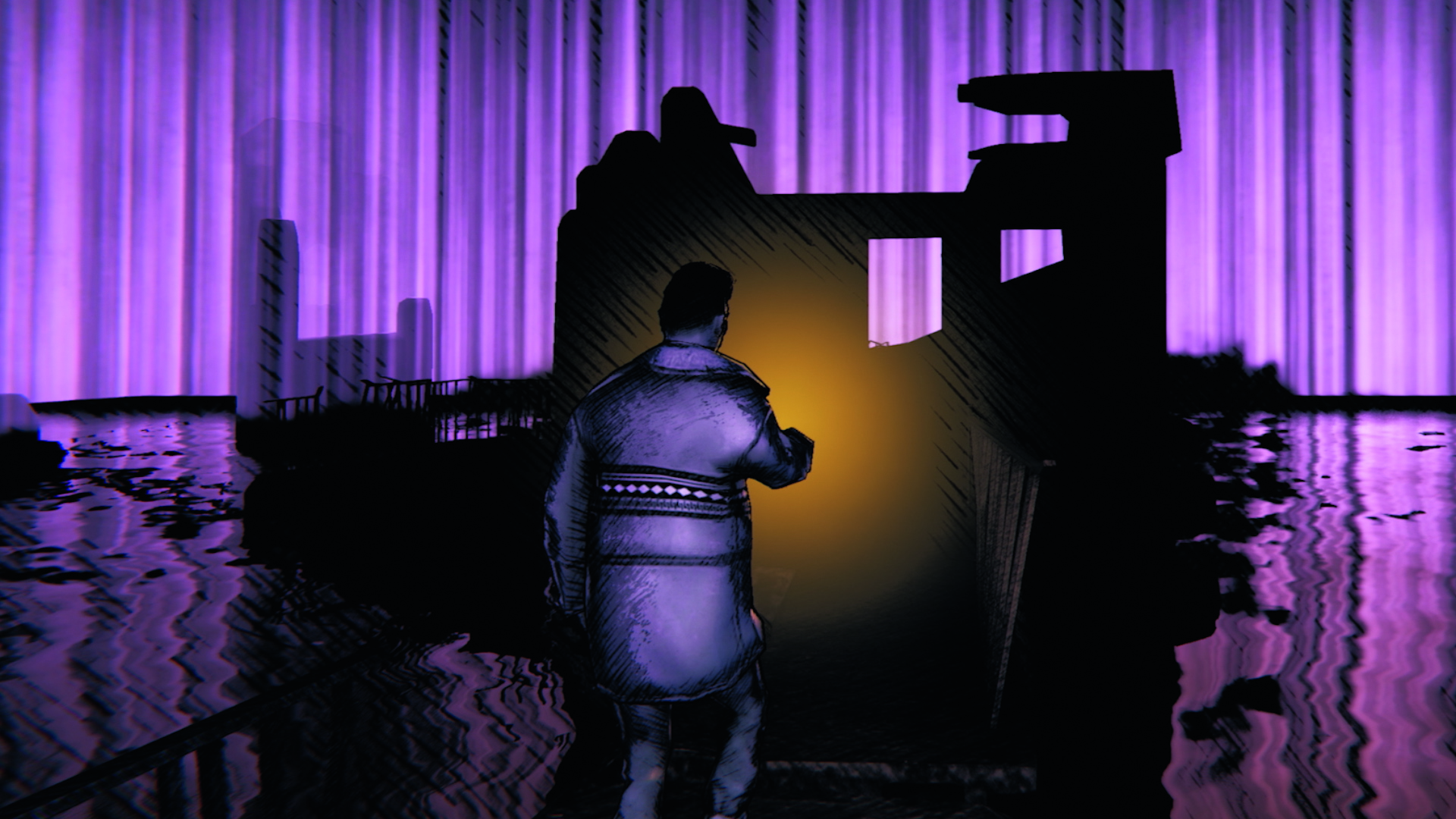
This is what makes the figure in the fog so scary. More than the wrongness of its silhouette, or the horrible rattle that warns of its approach, it's the sheer vulnerability of being caught unawares. Have you ever found yourself in a strange town, phone battery dead, with no idea of your temporary address? Imagine that creeping sense of panic, multiplied by the sound of unseen footsteps on cobblestones getting nearer.
This is how we feel in Gravoi: like a tourist only just realising how lost they are. It's appropriate for Anita, Paul and the two other characters into whose shoes you step – a mix of outsiders, exiles returning after a long stretch away, and residents who want nothing more than to get out. As these characters find each other and club together, they, and you, start to get to grips with the situation. Yet it's possible to lose a character permanently, so it's not necessarily a linear progression. We're looking forward to finding our feet in Saturnalia, and no doubt having them swept from under us, but we suspect we'll never feel at home in Gravoi. In a horror game, that can only be a good thing.
Weekly digests, tales from the communities you love, and more
This feature first appeared in Edge magazine. For more like it, subscribe to Edge and get the magazine delivered straight to your door or to a digital device.
Edge magazine was launched in 1993 with a mission to dig deep into the inner workings of the international videogame industry, quickly building a reputation for next-level analysis, features, interviews and reviews that holds fast nearly 30 years on.

